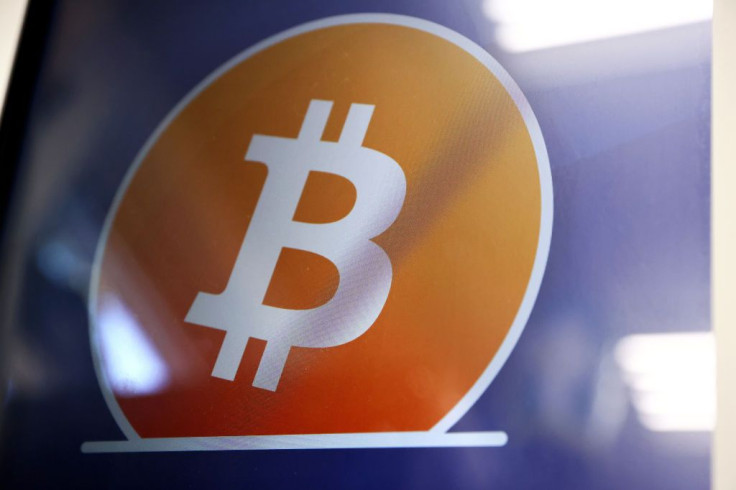Craig Wright, an Australian computer scientist who has claimed to be the inventor of bitcoin, won a major US court case on Monday against the family of a deceased business partner that claimed he owed tens of billions of dollars in cryptocurrency.
A Florida jury on Monday found that Wright did not owe half of 1.1 million bitcoins to the family of David Kleiman. However, the jury did award $100 million in compensatory damages for conversion and intellectual property rights to a joint venture between the two men, a fraction of what Kleiman's lawyers were asking for at trial.
"This was a tremendous victory for our side," said Andres Rivero of Rivero Mestre LLP, the lead lawyer representing Wright.
Kleiman died in April 2013 at the age of 46. His family, led by his brother Ira Kleiman, had claimed that he and Wright were close friends and co-created bitcoin through a partnership.
Wright once told in 2016 that he was "Satoshi Nakamoto," the pseudonym used by the person or persons who developed bitcoin. The name "Nakamoto," is a Japanese word meaning "at the center of."
At the center of the trial were 1.1 million bitcoins. These were among the first bitcoins to be created through mining and could only be owned by a person or entity involved with the digital currency from its beginning.
People in the cryptocurrency community are skeptical of Wright's claim because he has not moved any of the early bitcoin that the creators presumed to have been mined. Due to its structure, all bitcoin transactions are public and the 1.1 million bitcoins in question have remained untouched since their creation.
People are waiting for Wright to move just a fraction of the coins into a separate account to prove his ownership. During the trial, Wright and other cryptocurrency experts testified under oath that Wright owns the bitcoins in question. Wright stated he would prove his ownership if he were to win the trial.
Jurors at the federal court in Miami were highly technical. It took a full week to deliberate. The trial drew so much media attention and also of outsiders because bitcoin's origin has always been a mystery.
In October 2008, during the height of the financial crisis, a person or group of people named "Satoshi Nakamoto" published a paper laying out a framework for a digital currency that would not be tied to any legal or sovereign authority. Mining for the currency, which involves computers solving mathematical equations, began a few months later.
Wright's lawyers have confirmed that Kleiman and the former were friends and collaborated on work together, but their partnership had nothing to do with bitcoin creation or early operation. It was earlier reported that Wright has plans to donate much of the bitcoin fortune to charity if he were to win the trial.

© 2025 Latin Times. All rights reserved. Do not reproduce without permission.




